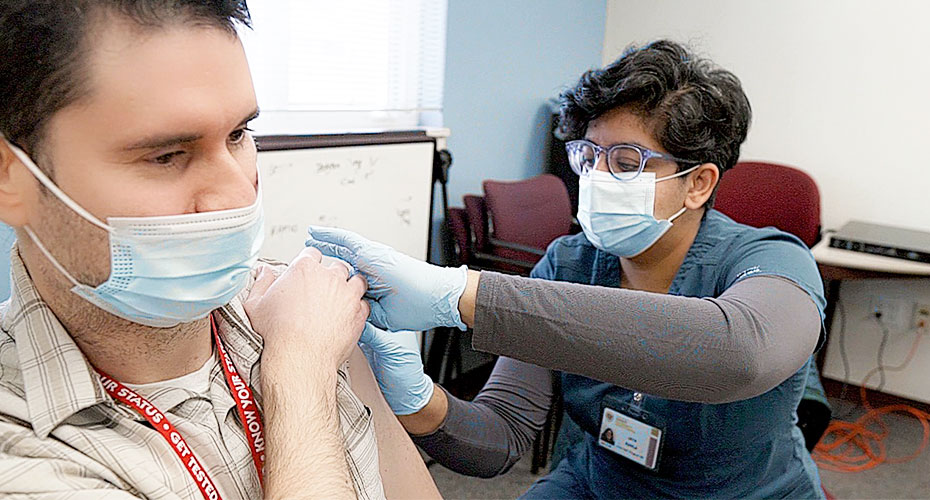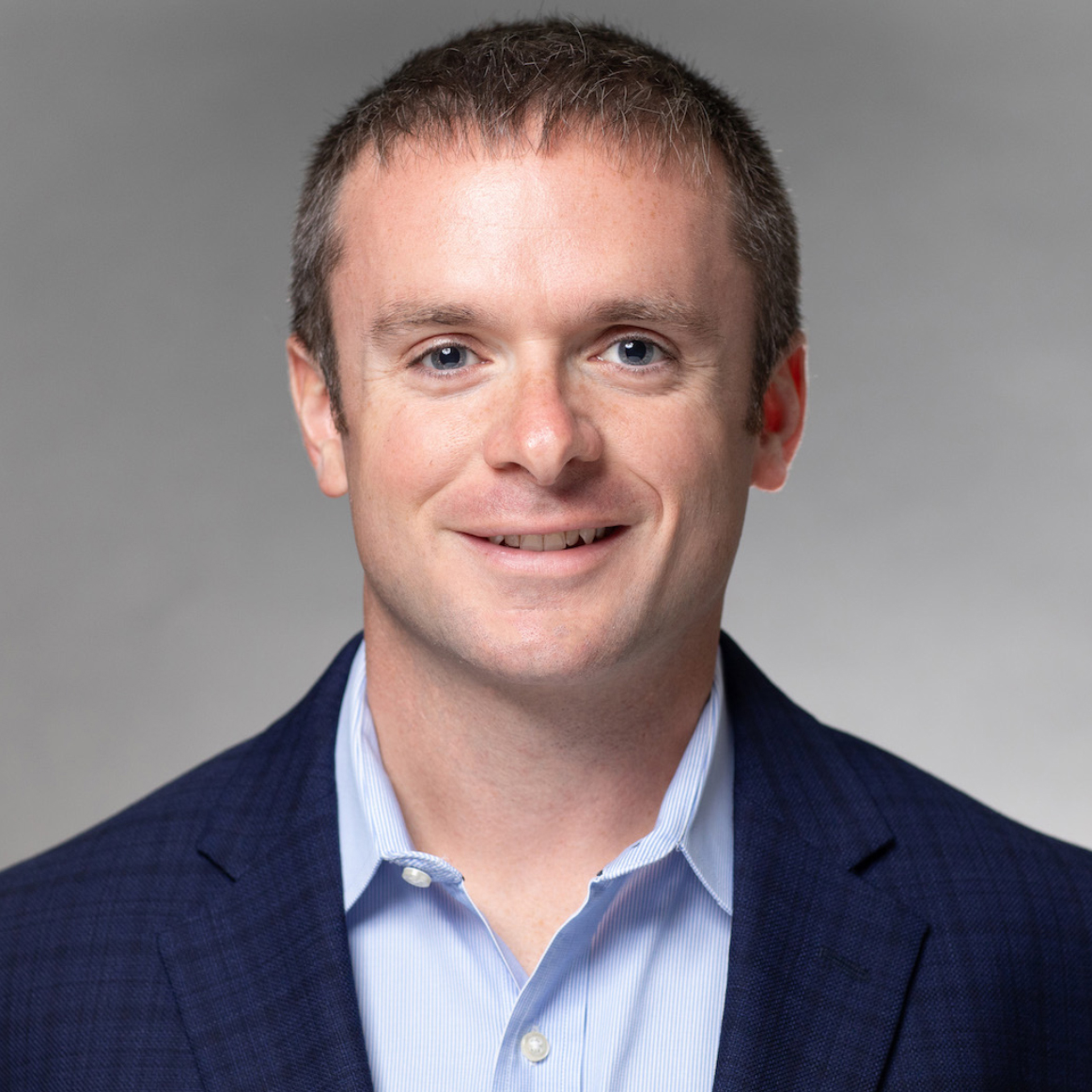Mar 29, 2021
WATCH: 'Stars in the darkness'
Community health center workers, who have served many of those most vulnerable to COVID-19 over the past year, are now on the front lines of the vaccination effort.
“Our staff is leading by example,” said Worcester’s Edward M. Kennedy Community Health Center President and CEO Stephen Kerrigan after a recent vaccination clinic for health center workers. “We told our employees to take time to learn as much about the new vaccines as possible, but we felt that we had a role and a responsibility as health care leaders to demonstrate their safety and efficacy to our patient population who may be a little more wary.”
A vital mission
Founded in a Worcester housing project in 1972, Kennedy Community Health today serves nearly 29,000 patients of Worcester, Framingham, Milford, and the surrounding communities of MetroWest and Central Massachusetts. More than 90% of the centers’ patients are low-income and more than 70% identify as a racial or ethnic minority.
The spirit of community health center founders — former Freedom Summer medics galvanized by the health inequities they saw in the South as they aided in African-American voter registration —drives Kennedy Community Health’s mission to this day, Kerrigan said.
“We are there for those who don’t necessarily know how to use their own voice for themselves,” Kerrigan said, noting the health center’s patients speak 92 languages and the vast majority are uninsured or insured by MassHealth. “We are there for those who don’t have a granddaughter or grandson or the means to be online to sign up for a mass vaccination site.”
When the pandemic hit a year ago, infection and hospitalizations spiked in the communities served by the health center, bringing extraordinary challenges. But Kennedy Community Health remained committed to providing high-quality and inclusive care to its patients.
“You are stars,” Kerrigan recalls telling his staff. “The stars need the darkness in order to shine, and that’s what our team has done every day of this pandemic.”
Sense of urgency
On a recent chilly morning in March, Jaya Rawla, a nurse practitioner in Kennedy Community Health’s addiction medicine program, was administering the vaccine to her health center colleagues. Her year of helping care for COVID patients gave her a keen sense of urgency.
“It is an extremely dangerous disease," Rawla said. "It does not matter if you are young and healthy, you can still die, you can still have serious complications that can last the rest of your life.”
One by one, her colleagues filed in to receive their shots. Their hopes ranged from the extravagant to the simple — a trip to Paris, the embrace of a loved one — but every staff member rolling their sleeve up for the shot shared the same hope that vaccination will protect their patients, their families and their community.
“Honestly, it’s the best option for every one of us to move on with our lives and really fight the virus,” said Maria Antonia Silva, 21, who had only been working at Kennedy Community Health about a month when the pandemic hit in earnest,
“Maybe, who knows, we can get rid of the masks when we all get these shots,” said Javier Abiel Valdivia, 44, a senior Kennedy Community Health accountant with a laugh as he received his second shot.
Choosing Vaccination at
Kennedy Community Health Center in Worcester
Mobilizing to help
In Massachusetts, more than 1 million residents rely on community health centers as their primary care providers. The Baker administration has announced a new vaccination outreach initiative, which will target the 20 cities and towns in Massachusetts most affected by COVID-19, in close partnership with community health centers. The state’s largest not-for-profit health insurer, Blue Cross Blue Shield of Massachusetts, is also partnering with community health centers to provide $1 million in rides for patients to vaccination sites.
When doctors, nurses, and staff are vaccinated, they can talk to patients about the new vaccines in a more personal way, Kerrigan noted.
People listen to those who they are used to having with them in the most vulnerable moments of their life.
And now, Kerrigan says, he hears relief and elation in the voices of Kennedy Community Health patients, some in tears because they are able to get a vaccine and take an important step towards getting their lives back.
“They were in their homes for a year, panicked about this virus, and didn’t know where to go or who to turn to,” Kerrigan said, “and then they get a phone call from us and saying ‘Hey, do you want to come in next week and get a vaccine?’ ”
The chance to provide those shots, he added, “has meant more to me than almost anything else I have done in my entire life.”
VIDEO BY KENT EARLE


